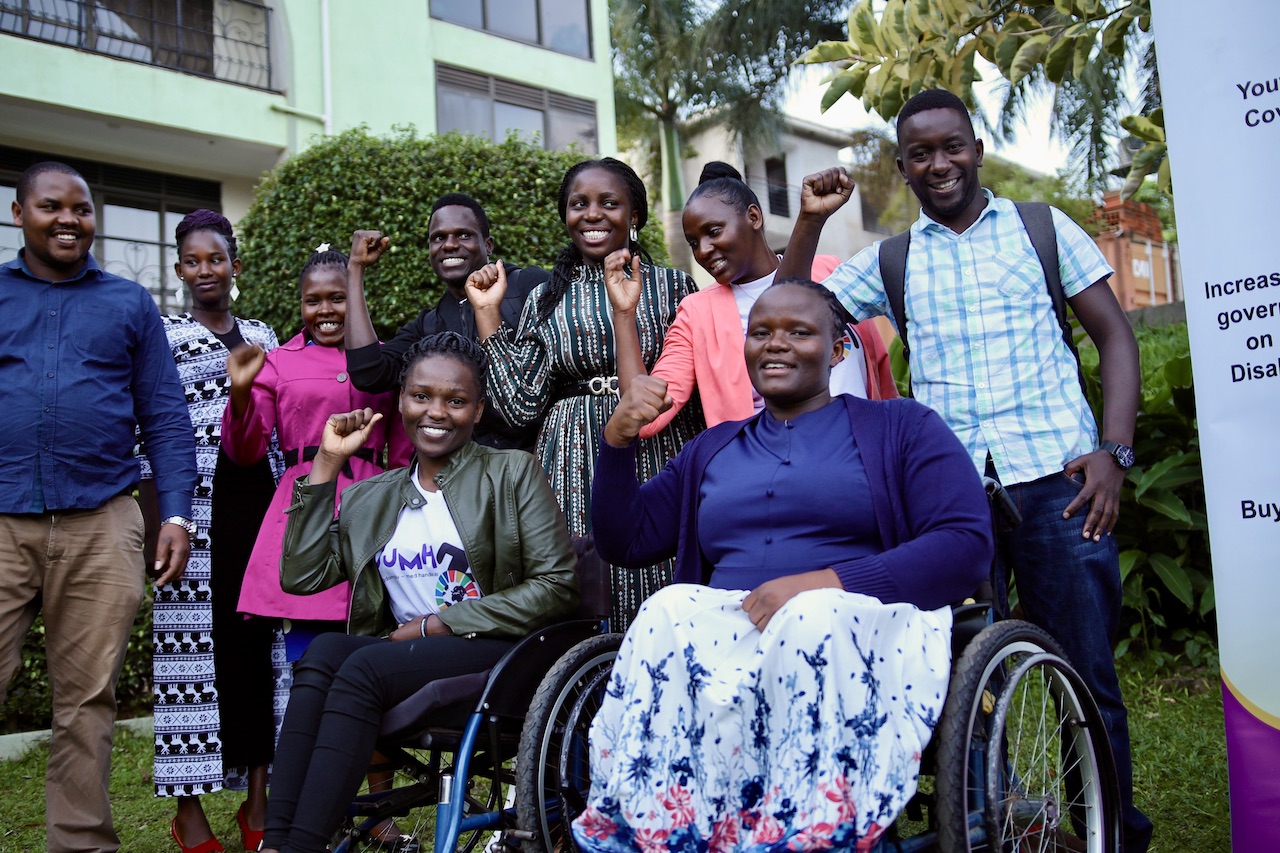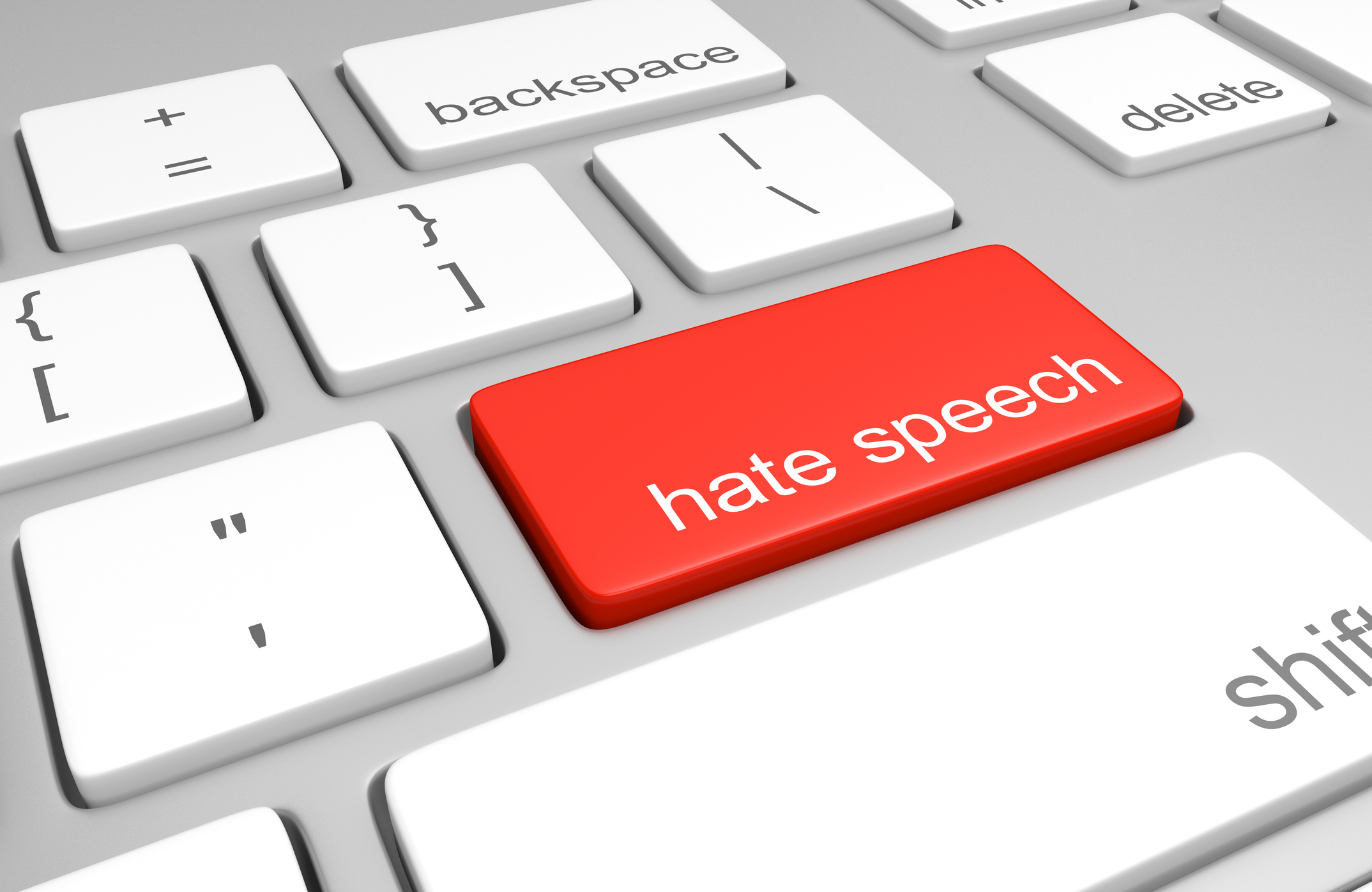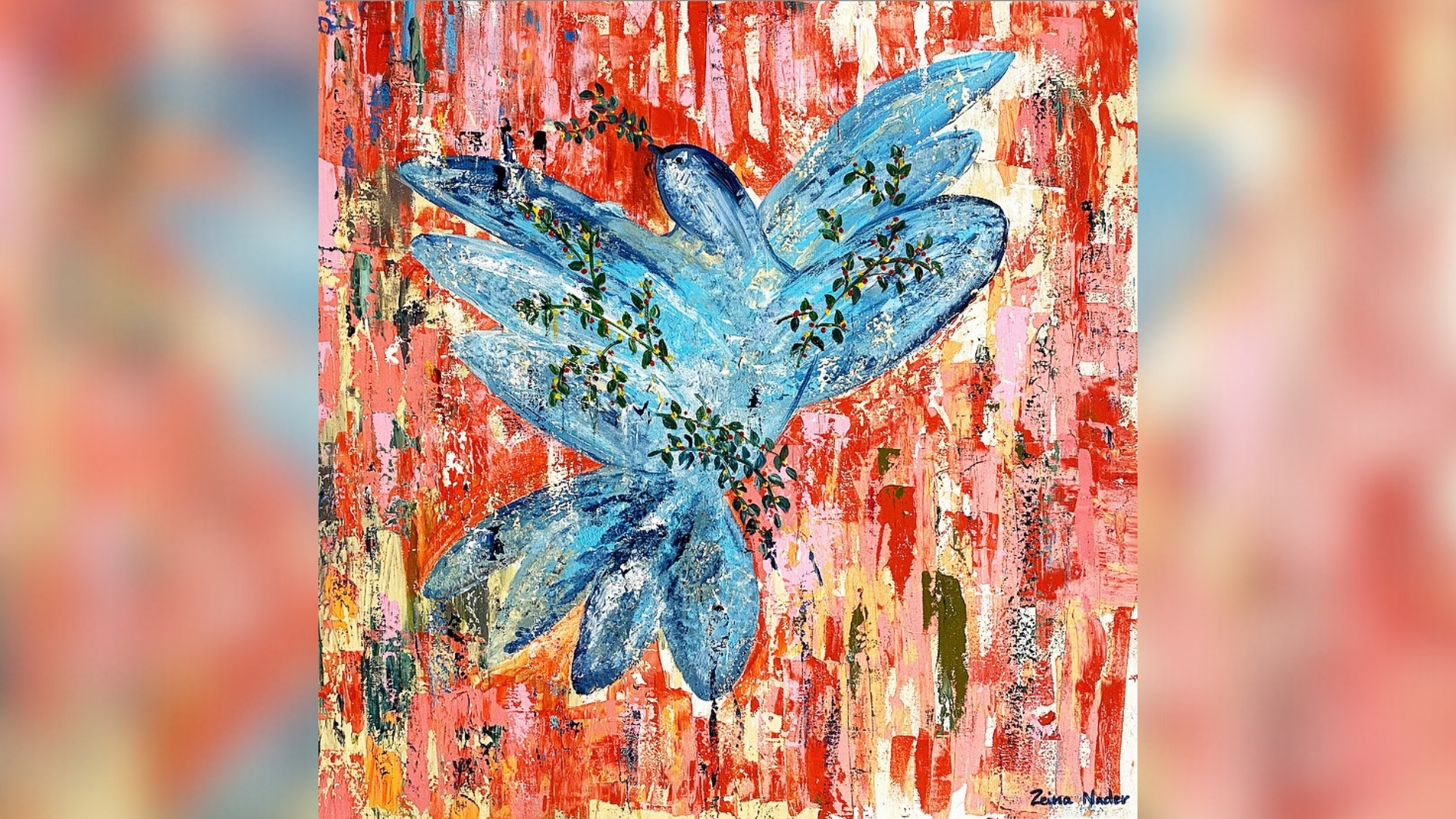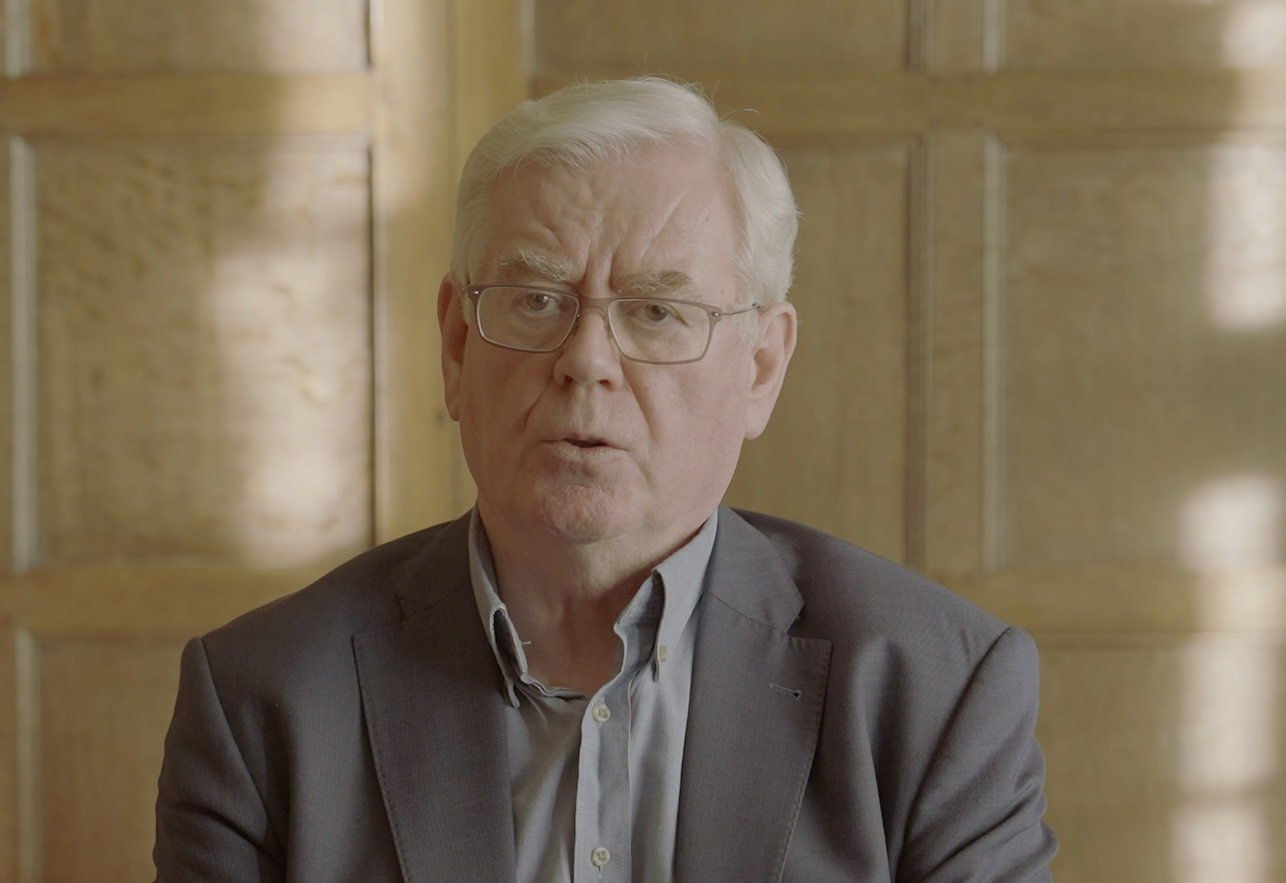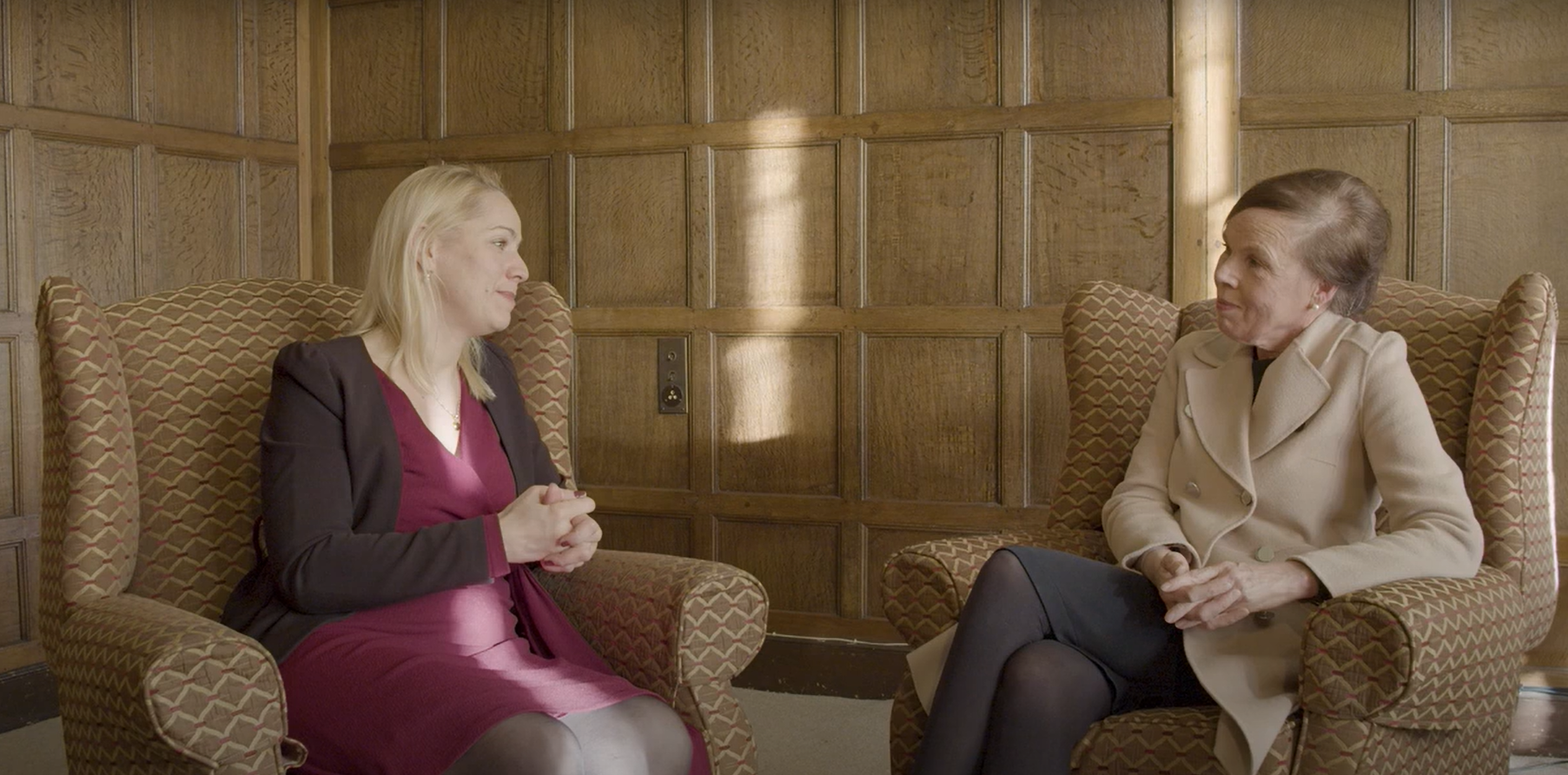Mega Sporting Events (MSEs) shine a spotlight on human rights challenges in host countries, and on the human rights performance of the companies and sponsors involved in delivering the events. Indeed, the life cycle of MSEs is a microcosm of major themes in the field of business and human rights such as concerns over land acquisition, labour rights abuses during venue construction, exploitation of migrant workers, alleged sweatshop and child labour in merchandise production, constraints on the right to protest, clearance of homeless people and street children, and human rights issues on the track and field itself. In this context, sponsors and commercial partners have been targeted, and athletes put under pressure to speak out.
High profile coverage of protests in Brazil, alleged migrant worker exploitation in Qatar, and homosexual discrimination in Russia, as well as concerns over the ever escalating costs of the Olympics and FIFA World Cup in these and other host countries, have led to serious re-examination of the ways MSEs are governed and delivered. There is increasing movement from sports governing bodies to begin to address human rights issues. Several local organising committees have begun to publish human rights commitments, and put in place independent oversight, sustainable sourcing codes, and grievance mechanisms. The UN’s Guiding Principles on Business and Human Rights provide a framework for the main stakeholders involved in staging MSEs to operate in ways consistent with international human rights standards. To date, however, good practice examples are few; and what good practice exists has been fragmented resulting in repeating mistakes, limited coordination and continuity. Shared approaches would enhance the social benefit and minimise the social risks of these events. Currently there is no impartial mechanism for transferring knowledge about how to identify, prevent, mitigate and remediate negative social impacts across MSEs, either within or across most sporting traditions.
The purpose of this meeting was to build consensus on the need for an independent centre for learning on responsibility in sporting events and methods of oversight in their delivery. Ensuring integration of human rights considerations into MSEs and greater accountability, as well as ongoing engagement with rights-holders will be central. The meeting helped ensure that MSEs meet the potential of their founding values in respecting human rights and social inclusion and contributing to sustainable development.
Conclusion
There seemed to be a consensus over the two days that whilst better information exchange between sporting traditions, venues and other stakeholders would serve a valuable purpose, it would not be sufficient on its own to rebuild trust in the eyes of society. Accountability is also essential. The question is what different pre-emptive (due diligence based) and remedial (grievance or mediation-based) approaches might look like in practice. There was recognition that the UN Guiding Principles on Business and Human Rights and the ILO Declaration on Fundamental Principles and Rights at Work provided the standards required for governments and businesses alike. The question is how these might be applied concretely in practice. Many of those attending expressed an interest in working together during 2016 to show what this additional element might look like. One of the key challenges for those involved will be to balance the urgency of the moment, expressed in particular from civil society, trade union and some sponsors, with the need to take concrete steps that build confidence and trust. IHRB offered to continue to play the role of ‘midwife’ during 2016 and to reconvene all actors in a year’s time when the evidence of different pilots could be shared and assessed. A steering group will be established at the start of 2016 to guide the process.
Related events
Combating human trafficking: business and human rights (2013)
Burma / Myanmar, business and human rights: setting standards for responsible (2012)
Business and Human Rights: implementing the Guiding Principles one year on (2012)
The UN framework for business and human rights (2011)
Business and human rights: advancing the agenda (2005)
Additional information
Institute for Human Rights and Business (IHRB)
IHRB report – Mega-Sporting Events and Human Rights



